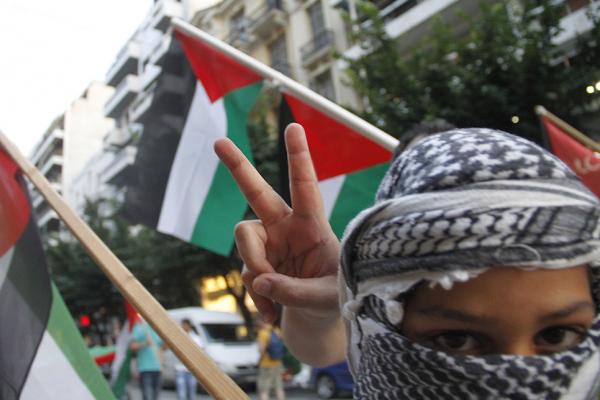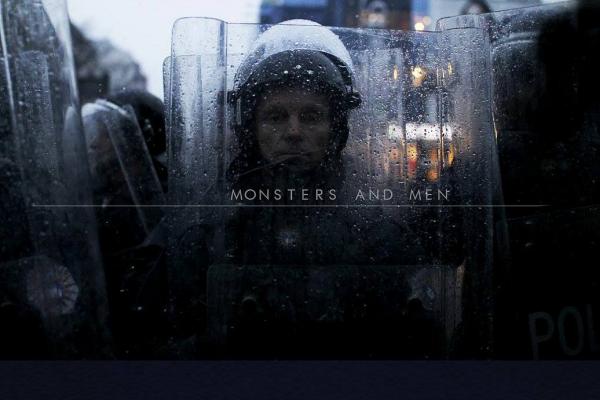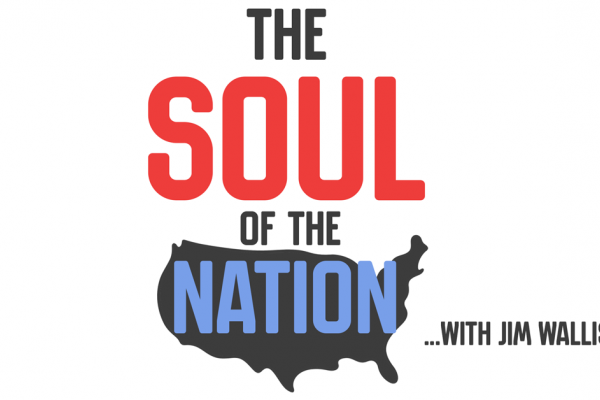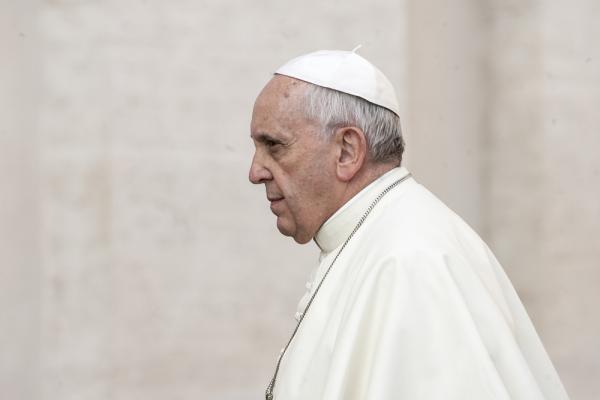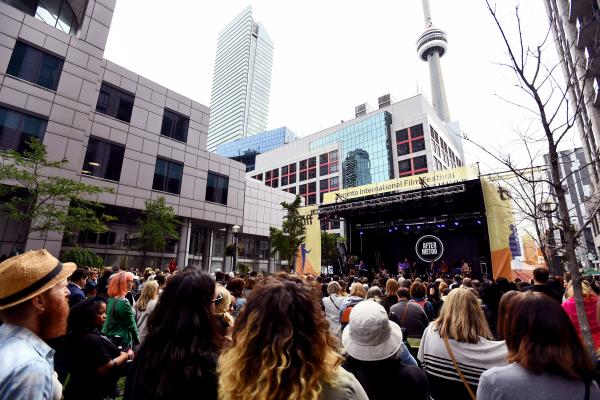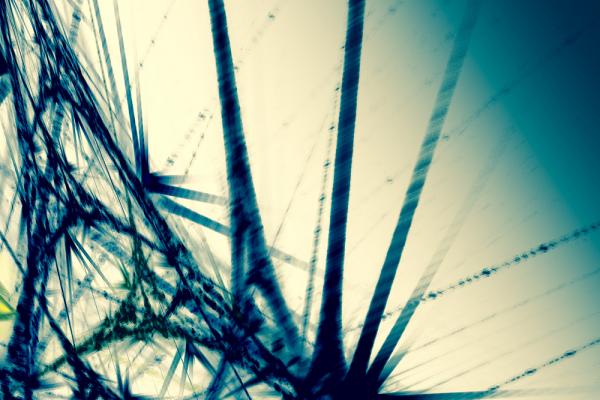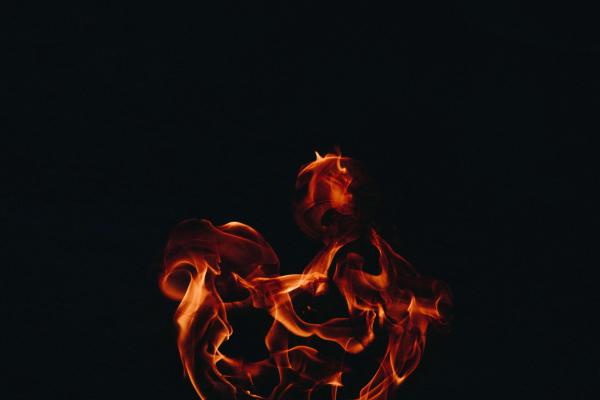A movement is building among justice-minded evangelicals. To them, the suffering of Palestinian civilians, including many siblings in Christ and those from diverse theological and faith traditions, demands accountability regarding the Israeli occupation and government. And this movement has gathered traction in recent years among young evangelical Christians who say figures like Hagee and Jeffress do not speak for them.
Reinaldo Marcus Green’s film Monsters and Men is part of an interesting moment in popular culture. It’s one of four films this year to address the relationship between law enforcement and people of color. It’s also one of two movies playing at this years Toronto International Film Festival that deal directly with Black Lives Matter and the killing of black men by police officers.
I observed the funerals of three people recently: John McCain, Aretha Franklin, and Andre Presser. You may know the first two, but I felt such gratitude for a great man like Andre Presser, who wouldn’t be nationally recognized, but will be remembered by countless people as one who helped to shape and change so many lives. May we all live with that as our goal — to inspire and serve those we encounter, regardless of the scale.
“Serena's declaration was an instantaneous declaration of freedom. Freedom for every woman who deserves an apology from the boss who gave her a #MeToo story to tell.”
2. Women Rally for More Inclusion at Toronto Film Festival
“Because our north star is not diversity. It is not inclusion. But it is belonging. We must all feel as if our voices and our stories matter.”
3. Franklin Graham’s Uneasy Alliance with Donald Trump
The evangelical pastor is well aware of the critique often levelled against him: that he’s more politically and spiritually partisan than his father, Billy
Pope Francis has summoned senior bishops from around the world to the Vatican in February to discuss the protection of minors from sexual abuse, the Vatican said on Wednesday. A Vatican spokeswoman said the meeting of the heads of national Catholic bishops conferences would take place Feb. 21-24.
This September marks the anniversary of Hurricane Maria, one of the most intense natural disasters to hit the Caribbean in over a decade. Recent studies estimate that of the 3,057 people killed by last year’s storms, 2,975 of those lives lost were Puerto Rican. These numbers continue to grow as the failing infrastructure on the island claims more casualties. The media has tried to unravel the causes of these deaths and scrutinize the failed deliveries of humanitarian aid that never reached residents. Corruption has been revealed at every level. Still, few have questioned the policies that enable it.
In that vein, the festival has made public strides to provide a platform for the issues faced by women in film, and to work toward promoting change. Thirty four percent of the films at this year’s festival come from female directors. As an organization, TIFF has made a five-year commitment to increasing opportunities for women in film by creating mentorships, skills development opportunities, and education initiatives. They’ve even expanded that commitment to women working in the media, with a push to invite female critics and reporters — as well as people of color — to cover the festival
America is still led by an apathetic majority void of compassion, empathy, and sympathy. A majority unable and unwilling to confess their biases, hate, phobia, and toxicity, making themselves apathetic to the reality of African Americans. From their perspective intentional and toxic discrimination, racism, and police practices is not their problem; they have no role in this plight and degradation.
The more I listened, the queasier I felt because I had forgotten just how powerful and foundational the rhetoric of hell is in creating a spiritual and political consensus among Christians. Whoever can help capture more territory from the devil and his army is the candidate to vote for. In the language of spiritual warfare, one candidate’s individual behavior pales in comparison to the millions of unborn souls that are saved.
Sojourners spoke to Washington and Harrison about the dialogues the film encourages, what they learned while preparing for their roles, and how those experiences inform the actors’ perspectives on racial injustice and the relationship between police and people of color.
